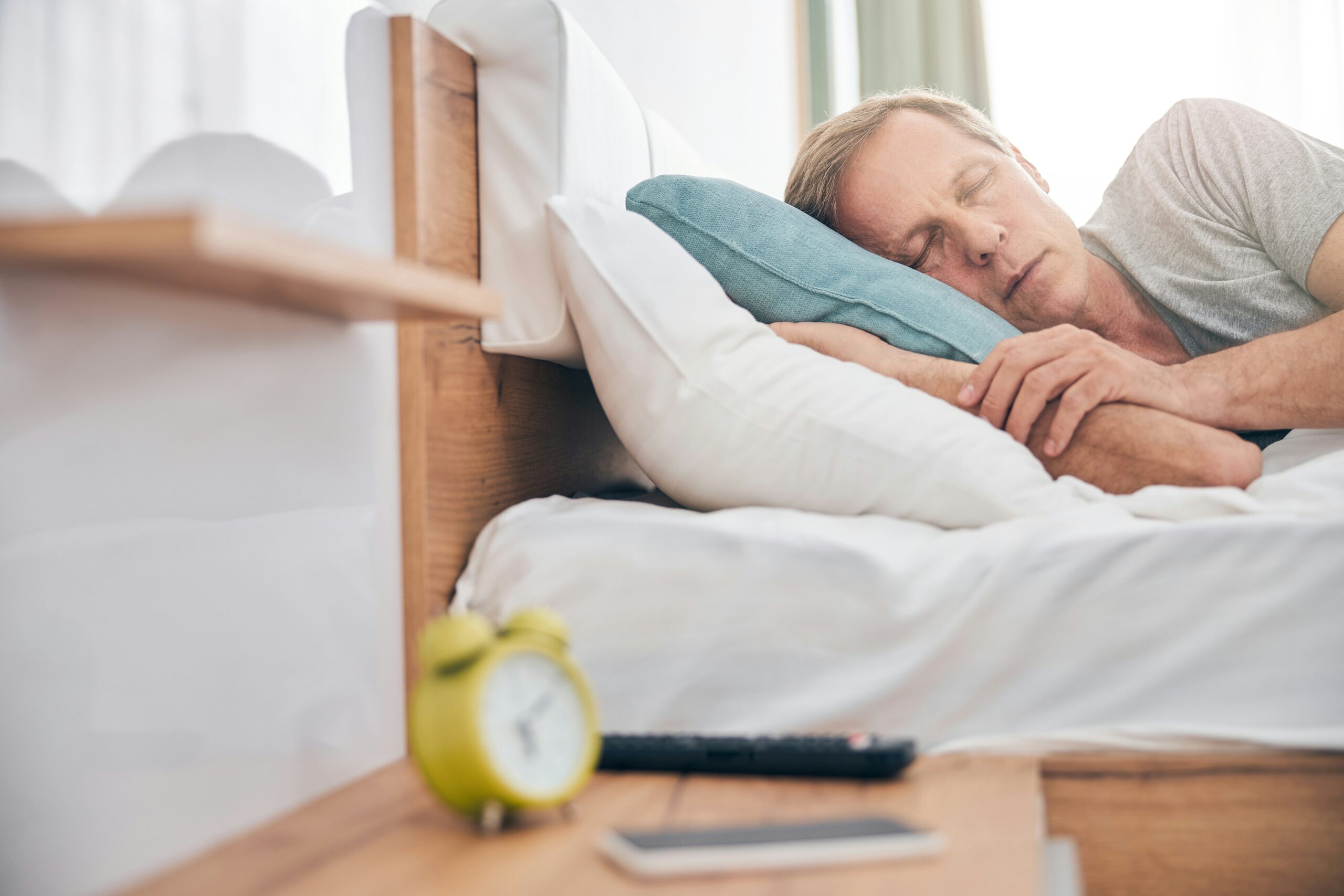
A good night’s sleep is essential for overall health and well-being, yet many people struggle with sleep-related issues. Sleep quality isn’t just about creating the right environment; our body’s intricate hormonal balance also influences it. Hormones play a key role in regulating our sleep cycles, and understanding their impact can help us achieve better rest. This article explores the connection between hormones and sleep and offers tips on optimizing hormone health for a more restful night.
How Hormones Regulate Sleep
Hormones are chemical messengers that travel through your bloodstream to various organs and tissues. Regarding sleep, several key hormones regulate the sleep-wake cycle, helping you fall asleep, stay asleep, and wake up feeling refreshed. One of the most well-known hormones related to sleep is melatonin. Melatonin is often called the “sleep hormone” because it helps signal the brain that it’s time to wind down for sleep. The body naturally produces melatonin when it gets dark outside, which promotes feelings of sleepiness. Conversely, exposure to light, mainly blue light from screens, can disrupt melatonin production, making it harder to fall asleep.
Another important hormone in sleep regulation is cortisol, the “stress hormone.” While cortisol plays a crucial role in managing stress and inflammation, it is also essential for regulating the body’s sleep-wake cycle. Cortisol levels typically peak in the morning to help you wake up and feel alert, and they gradually decline throughout the day, preparing the body for restful sleep at night. However, chronic stress can lead to elevated cortisol levels late into the night, interfering with the ability to fall asleep or stay asleep. An imbalance of cortisol can lead to poor-quality sleep and, over time, may result in sleep disorders.
The Role of Other Hormones in Sleep Health
In addition to melatonin and cortisol, other hormones such as progesterone and estrogen impact sleep quality, particularly for women. Progesterone is a hormone that helps regulate the menstrual cycle and supports pregnancy. It is also known for its calming effects on the body, promoting feelings of relaxation and drowsiness. Many women experience changes in their sleep patterns during different phases of the menstrual cycle due to fluctuations in progesterone levels. For example, progesterone levels rise during the luteal phase after ovulation, which can lead to improved sleep quality. However, during menopause, when progesterone levels decrease, many women experience insomnia and other sleep disturbances.
Estrogen, another hormone that plays a significant role in sleep, is particularly influential during menopause. As estrogen levels decline, many women experience night sweats, hot flashes, and difficulty falling or staying asleep. These hormonal changes can lead to disrupted sleep patterns, often causing waking in the middle of the night or early morning. Hormonal imbalances related to estrogen levels may also lead to an increase in sleep disorders such as sleep apnea, which can further impact overall sleep quality.
How Lifestyle Choices Affect Hormonal Balance
While hormones naturally fluctuate throughout the day and across life stages, confident lifestyle choices can influence hormonal balance and sleep quality. A poor diet, lack of physical activity, and chronic stress can all contribute to hormonal imbalances that negatively affect sleep. For example, eating large meals late at night, consuming caffeine or alcohol, or engaging in heavy exercise before bedtime can interfere with the body’s ability to fall asleep or remain in deep sleep. Similarly, exposure to bright light at night or a lack of natural sunlight during the day can disrupt the body’s circadian rhythm, which governs the release of melatonin and cortisol.
Conversely, healthy lifestyle habits can support hormonal balance and improve sleep quality. Maintaining a regular sleep schedule, engaging in regular physical activity, and managing stress through mindfulness or relaxation techniques can all help regulate hormone levels and promote better sleep. Additionally, creating a sleep-friendly environment by keeping the bedroom calm, dark, and quiet can support the natural production of melatonin, while avoiding screens and bright lights before bedtime can help ensure that your body is adequately prepared for rest.
Hormonal Treatments and Sleep
Various treatments are available to help restore balance and improve sleep quality for those struggling with significant sleep issues due to hormonal imbalances. Hormone replacement therapy (HRT) is a standard treatment for women experiencing sleep disturbances related to menopause. HRT can help restore estrogen and progesterone levels, which may alleviate symptoms such as hot flashes, night sweats, and insomnia. However, HRT is not suitable for everyone, and it’s essential to discuss potential risks and benefits with a healthcare provider.
Melatonin supplements can effectively regulate the sleep-wake cycle in cases of melatonin imbalance, particularly for people dealing with jet lag or shift work. However, it is essential to use melatonin supplements cautiously, as excessive use can disrupt the body’s natural hormone production. Stress management techniques, such as deep breathing exercises, yoga, or cognitive behavioral therapy, can help reduce cortisol levels and improve sleep quality for individuals with chronic and high cortisol levels.
Natural Ways to Balance Hormones for Better Sleep
Aside from medical treatments, there are several natural ways to support hormonal balance for better sleep. One of the most effective methods is to prioritize stress management. Chronic stress leads to elevated cortisol levels, wreaking havoc on your sleep. By practicing relaxation techniques such as deep breathing, meditation, or yoga, you can reduce the impact of stress on your body and promote hormonal balance. Adopting a balanced diet rich in nutrients like magnesium, vitamin D, and omega-3 fatty acids can help support hormonal health. Magnesium, in particular, is known for its ability to relax muscles and promote restful sleep.
Regular physical activity is another crucial factor in balancing hormones and improving sleep. Exercise helps regulate cortisol levels, promotes the release of endorphins, and supports overall well-being. However, avoiding intense exercise right before bedtime is essential, as it can have the opposite effect and make it harder to fall asleep. Instead, aim for moderate activities such as walking, swimming, or gentle yoga earlier in the day to promote better sleep at night.